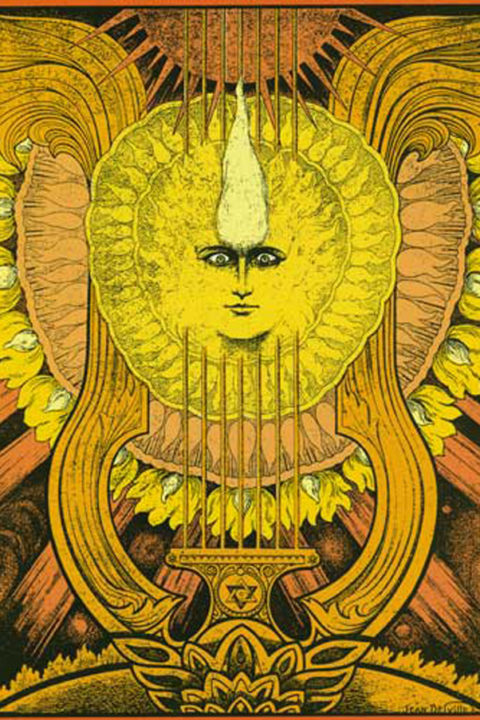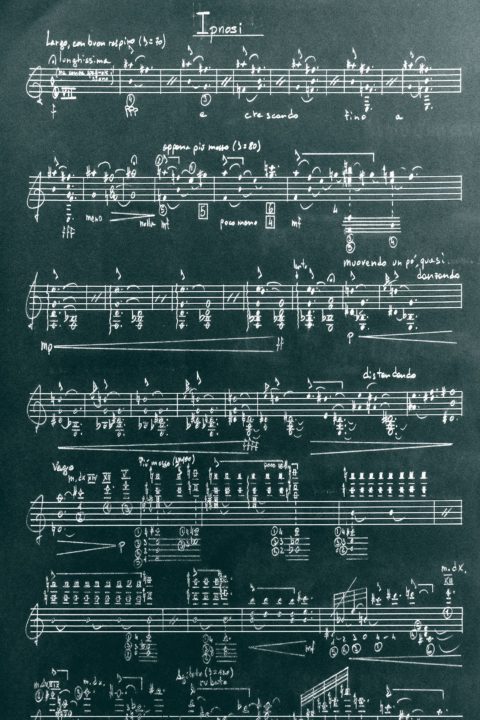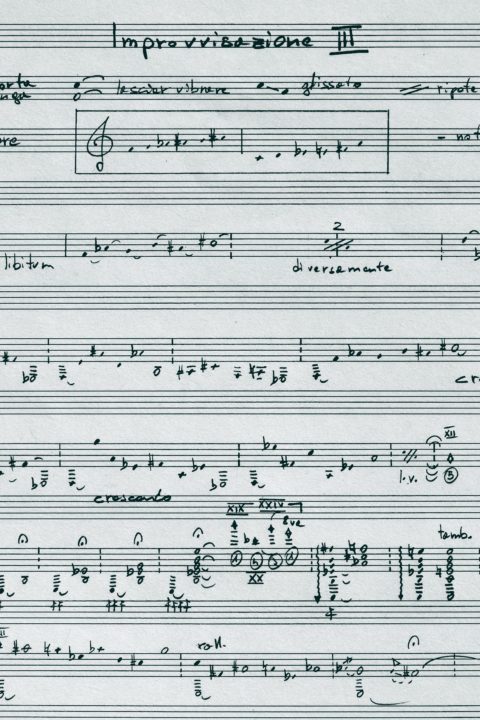THE INVENTION

THE NEED TO WRITE
9 November 2005A while ago, during a discussion about the meaning of the word ‘invention’, I claimed that this begins the moment when we manage to lose our balance and, through the movement of our soul, when we set out to look for and find that which we aspire to. And the greater, more fervent and the more necessary the desire to research and discover, the more efficient, sincere, deserving attention and artistically valid our invention will seem.
So the invention begins at the moment in which the individual manages to pass from stasis to movement. When we are able to move in one fixed direction and we are capable of understanding the message that our movement is passing through, then, at that instance we are able to create something new.
At first sight, what we have said could seem valid and in fact I was proud of what I asserted. But if we think about it, some points are unclear. In fact, if the message is understood, then we are not dealing with invention and creative capacity but with a kind of sensibility and ability which consists in the perception of the events in a deeper way than common opinion allows, and so of descriptive capacity. Thus we are dealing with the tendency to describe our surroundings because the message, which we have deciphered and recoded in a new language different from the original, is already found in the spatial temporal dimension that we have passed through by means of movement.
So can we say that the authenticity of the Creation is due solely to God? Is Man’s only role to discover, little by little, that which was truly created? If this was true then what remains is the possibility of elaborating, through our sensibility, the works which contribute to an ever more precise completion of our concept of existence.



